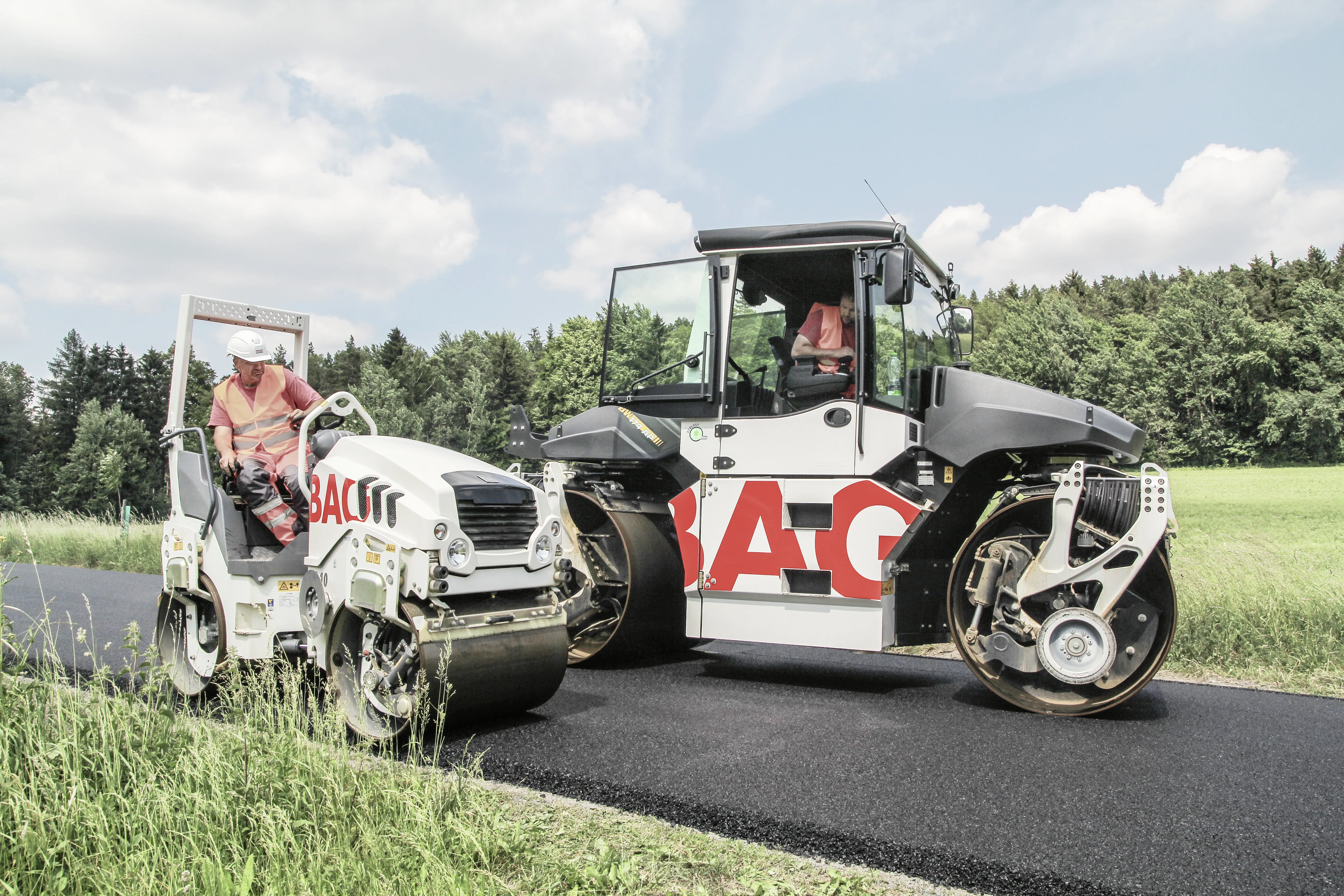Construction will start early this year on 59km of highway as part of the D4/R7 bypass of the Slovakian capital Bratislava.
Ferrovial through its subsidiaries Cintra Infraestructuras and Ferrovial Agroman is leading the consortium on the public-private partnerships deal worth around €1.9 billion, according to media reports. Ferrovial reached financial close on the project in June, noting that their investment would be around €975 million.
The first stage of the design, build, financing, operate and ma
January 10, 2017
Read time: 2 mins
Construction will start early this year on 59km of highway as part of the D4/R7 bypass of the Slovakian capital Bratislava.
2717 Ferrovial through its subsidiaries 930 Cintra Infraestructuras and Ferrovial Agroman is leading the consortium on the public-private partnerships deal worth around €1.9 billion, according to media reports. Ferrovial reached financial close on the project in June, noting that their investment would be around €975 million.
The first stage of the design, build, financing, operate and maintain project should be completed in 2020, with the second and final stage in 2021.
The project is being funded by the European Investment Bank (EIB), EBRD and the Slovak investment group Slovensky Investicny Holding. The state will make annual payments of nearly €53million for 30 years to the operator of the motorway D4 and expressway R7.
The D4-R7 project comprises the construction of a new 27km of D4 highway, with two lanes each way, between Jarovce and Raca, creating a beltway to the east of the city and connecting the existing radial roads.
The project also includes building a 32km radial highway – the R7 – which will have two or three lanes each way, running in a south-easterly direction from the city centre.
The D4-R7 contract the first project in Slovakia for Cintra which manages over 2,100km of toll roads in 28 concessions in the Americas, Oceania and Europe. Cintra is also the largest shareholder in the 407 ETR concessionaire, around the Canadian city of Toronto, with a stake of 43.23%. The other shareholders in 407ETR are indirectly owned subsidiaries of Canada Pension Plan Investment Board (40%), and by SNC-Lavalin (16.77%).
The first stage of the design, build, financing, operate and maintain project should be completed in 2020, with the second and final stage in 2021.
The project is being funded by the European Investment Bank (EIB), EBRD and the Slovak investment group Slovensky Investicny Holding. The state will make annual payments of nearly €53million for 30 years to the operator of the motorway D4 and expressway R7.
The D4-R7 project comprises the construction of a new 27km of D4 highway, with two lanes each way, between Jarovce and Raca, creating a beltway to the east of the city and connecting the existing radial roads.
The project also includes building a 32km radial highway – the R7 – which will have two or three lanes each way, running in a south-easterly direction from the city centre.
The D4-R7 contract the first project in Slovakia for Cintra which manages over 2,100km of toll roads in 28 concessions in the Americas, Oceania and Europe. Cintra is also the largest shareholder in the 407 ETR concessionaire, around the Canadian city of Toronto, with a stake of 43.23%. The other shareholders in 407ETR are indirectly owned subsidiaries of Canada Pension Plan Investment Board (40%), and by SNC-Lavalin (16.77%).






